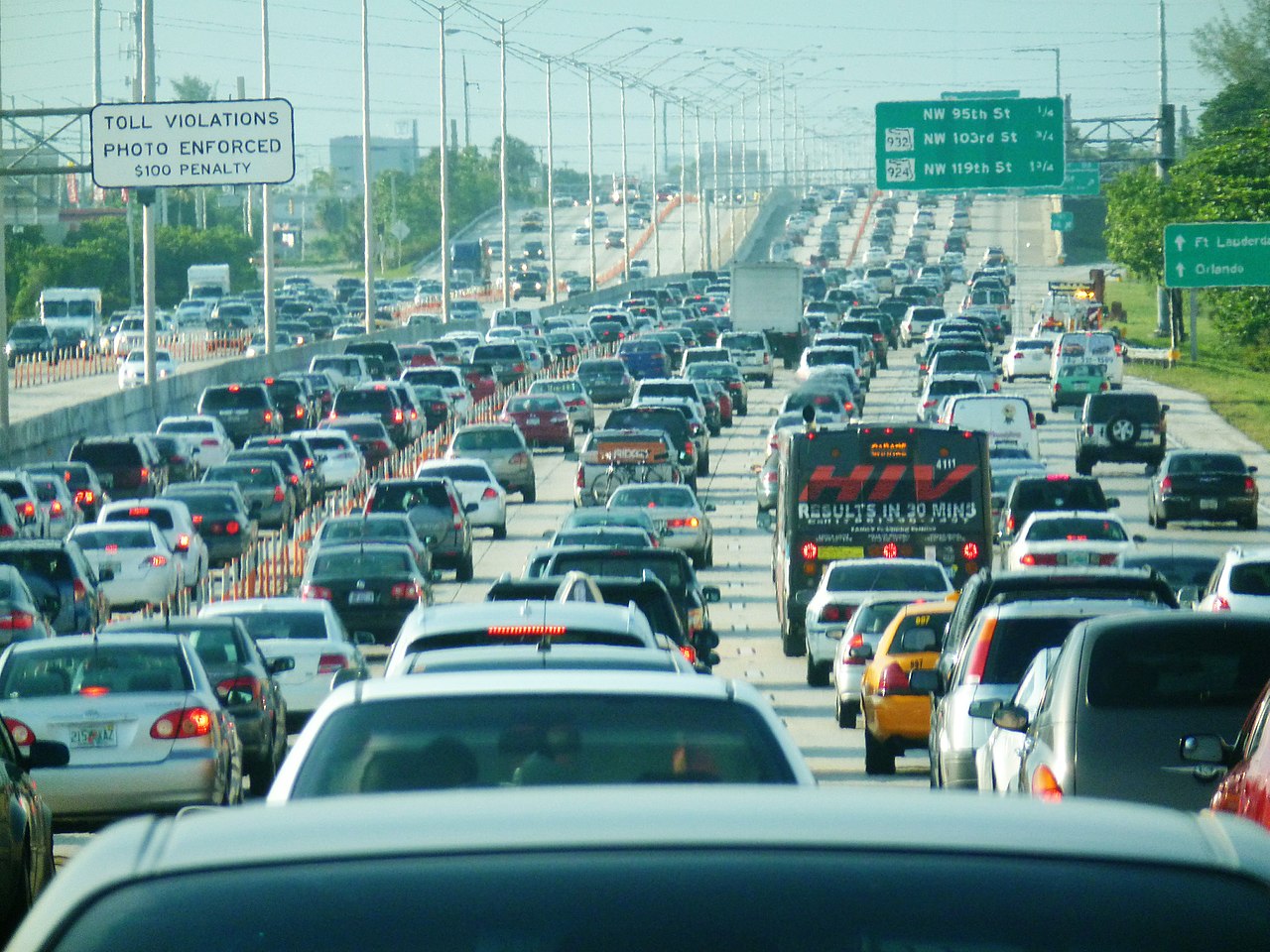
A Lesson in “What Really Matters”
The wildfires that burned part of my hometown of Santa Rosa earlier this year killed dozens of people, destroyed thousands of homes, and were a calamity for the community. The fires also revealed a smaller tragedy that most of us live daily: we spend too little time on what really matters to us, because we’re too busy managing possessions we don’t even care about.
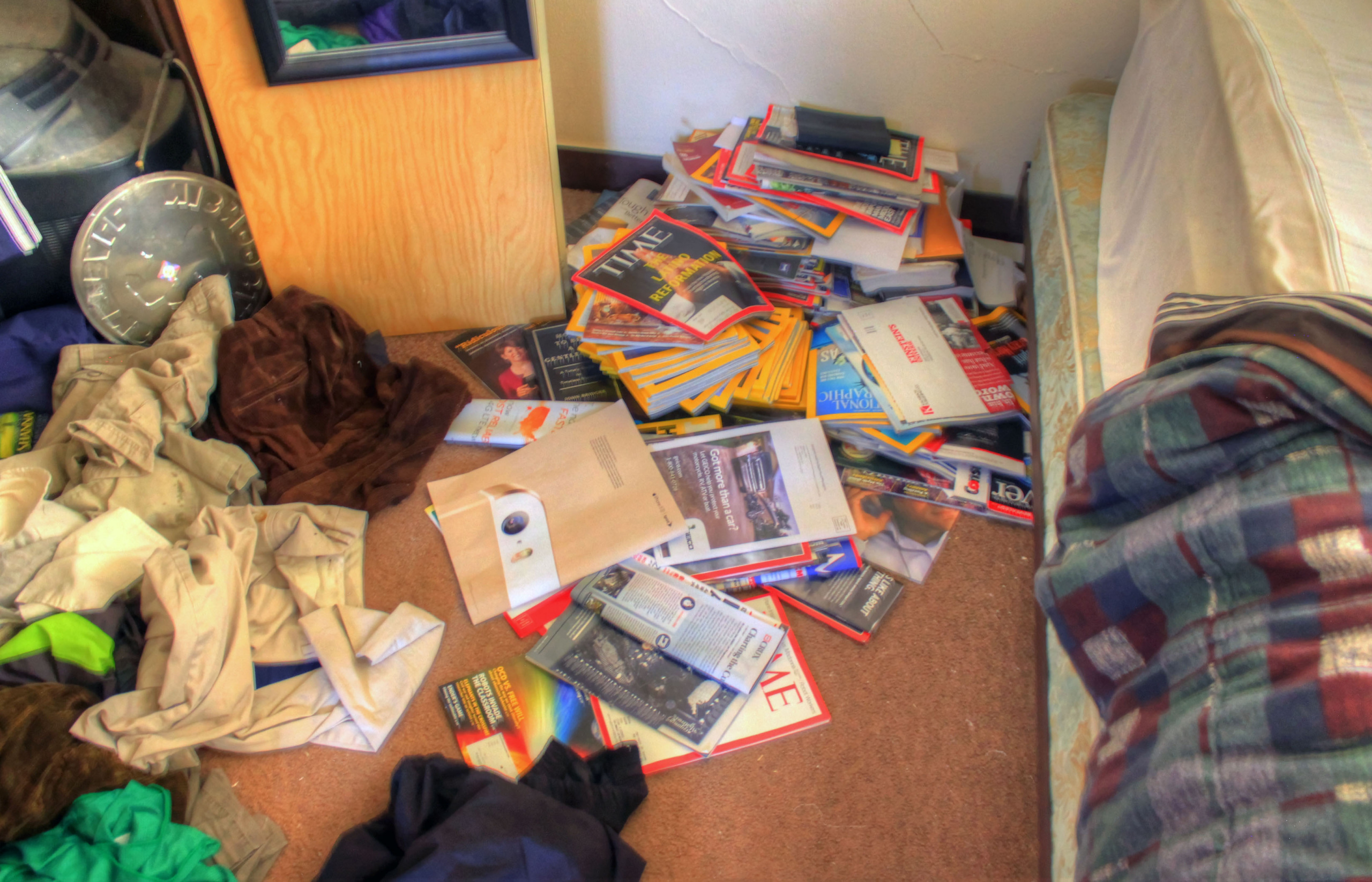
The wildfires that burned part of my hometown of Santa Rosa earlier this year killed dozens of people, destroyed thousands of homes, and were a calamity for the community. The fires also revealed a smaller tragedy that most of us live daily: we spend too little time on what really matters to us, because we’re too busy managing possessions we don’t even care about.
After the fires, multiple friends observed that evacuating from their homes – which thankfully didn’t burn – had changed their perspective about all the stuff they own. They had come to sense that owning so many books, clothes, kitchen gadgets, decorative items, toys and other things were interfering with leading a fulfilling life.
The first person to say this to me was the mom of a third-grader who had time to pack her car before she evacuated. She already knew that her son – who had been with his dad – had lost half his clothes and toys when his dad’s house burned. She packed up clothes, Legos and video games from her house, along with the assortment of special Christmas tree ornaments that she and her son had collected over the years – and then decided there was nothing else that she cared about enough to pack. She told me she looked at the rest of the stuff in her house that she spends time keeping clean and organized, and thought, “why do I own this if I don’t care if it burns?”
Another friend, the father of a grade-schooler and an eight-month-old infant, told me that his family voluntarily evacuated with only a few basic items. After a few days staying with friends, they returned home, expecting to resume their regular routines. However, he said they looked around the house and decided “We’re going to be getting rid of lot of stuff, of the crap that gets in the way of what really matters.” Kids seem to attract piles of toys, clothes and gear that they quickly grow out of, and parents spend so much time cleaning, organizing and storing it all – rather than spending time with our children themselves.
More recently, I remarked upon how well-decorated for Christmas a friend’s house was, and he said “We couldn’t even put it all up. You know, I have colleagues whose homes burned and I know I’m supposed to feel sorry for them, but I almost envy them. It’s like they’ve been cleansed.” He told me of how happy he’d been a decade ago when, after returning from living overseas, all his worldly possessions fit in two boxes.
When I told my husband about these comments, he immediately related. In the month before the fires, he had spent multiple weekends straightening up our garage, passing up opportunities to read Harry Potter and the Deathly Hallows out loud to our son (who kept begging for “just one more chapter”), go for a bike ride, or have a drink with the neighbors. But when we evacuated during the fires, all my husband grabbed from the garage was his hockey skates. He said his thought was “let the rest burn.”

My husband’s hockey skates, which were the only items in our large garage that he actually cared enough about to grab when we evacuated, though he had spent multiple weekends organizing everything.
For those whose homes burned or who barely scrape by on a monthly basis, the idea of being surrounded by familiar furnishings and full closets probably is appealing. But for the rest of us, our possessions are as often a burden as a blessing, because they keep us from spending time on what really matters.
We value time spent with our children and witnessing their joy with the world. We value conversations with our partners and friends, and time hiking or playing hockey. Shopping, cleaning and organizing our possessions is not high on the list. Yet because we live in a society that relentlessly encourages us to buy more stuff, our houses are stuffed and we spend disproportionate time and energy maintaining our possessions, relative to their true value to us.
My goal in the new year is to become more conscious about how I spend my time, deliberately prioritizing my family and friends. I want to spend more time reading to my son and less time shopping for yet another sweater, more time hiking and less time dusting knick-knacks, and more time having dinner with friends and less time trying to fit the roasting pan back into the kitchen cabinets.
Top photo: via https://www.goodfreephotos.com/other-photos/rooms/stack-of-magazines-and…, CC0.
Topics
Authors
Elizabeth Ridlington
Associate Director and Senior Policy Analyst, Frontier Group
Elizabeth Ridlington is associate director and senior policy analyst with Frontier Group. She focuses primarily on global warming, toxics, health care and clean vehicles, and has written dozens of reports on these and other subjects. Elizabeth graduated with honors from Harvard with a degree in government. She joined Frontier Group in 2002. She lives in Northern California with her son.
Find Out More
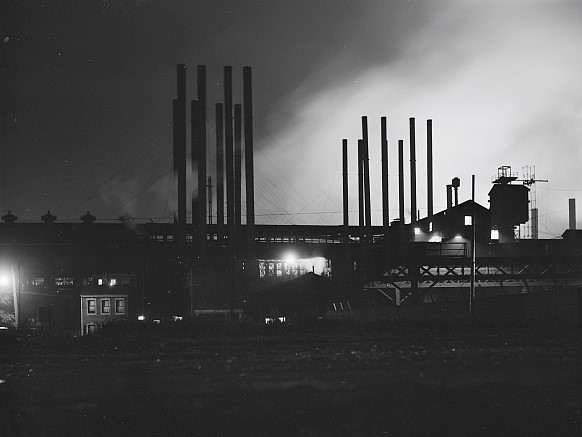
Beyond the politics of nostalgia: What the fall of the steel industry can tell us about the future of America
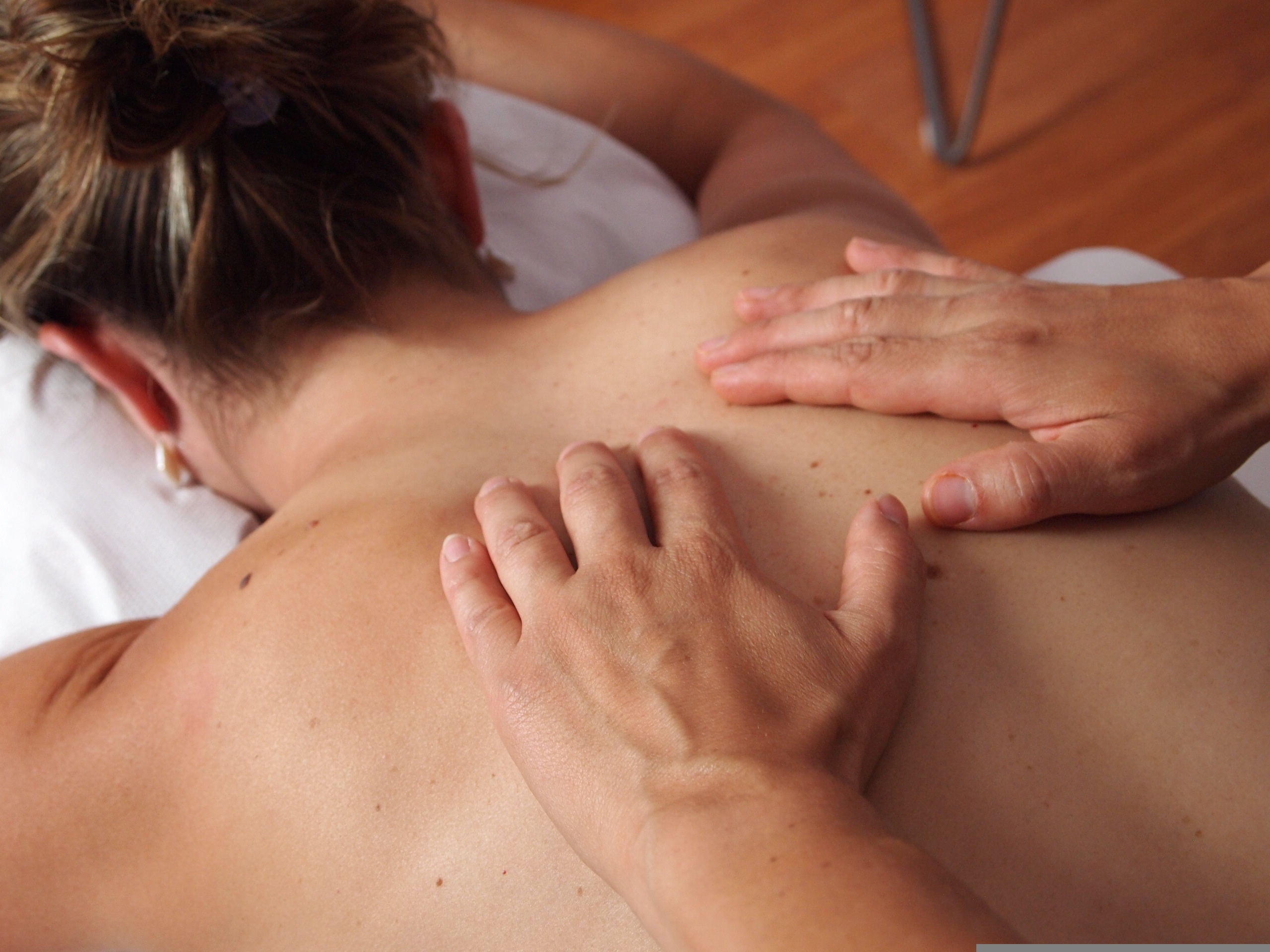
Bumbling toward utopia
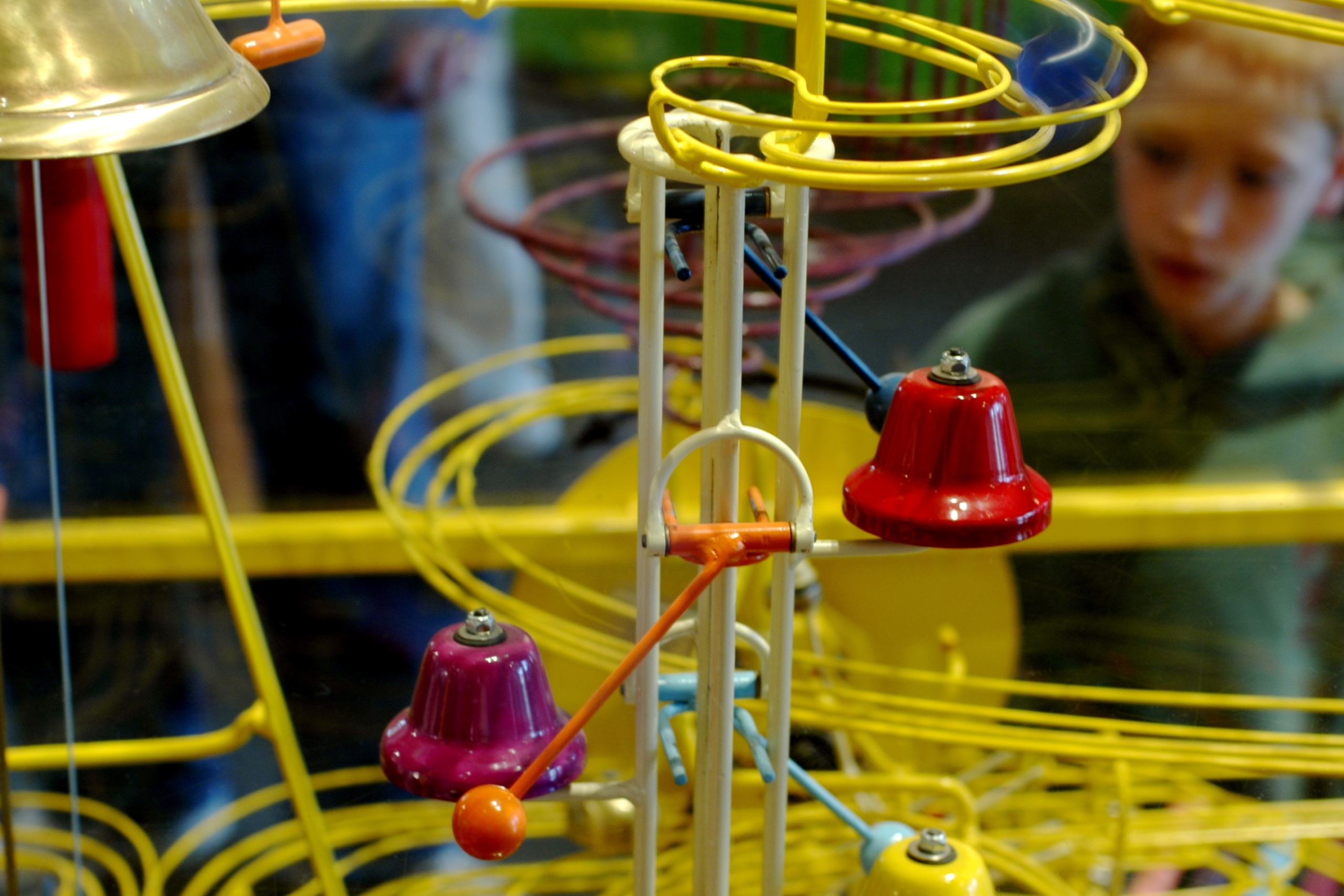
What’s wrong with the systems we rely on?
